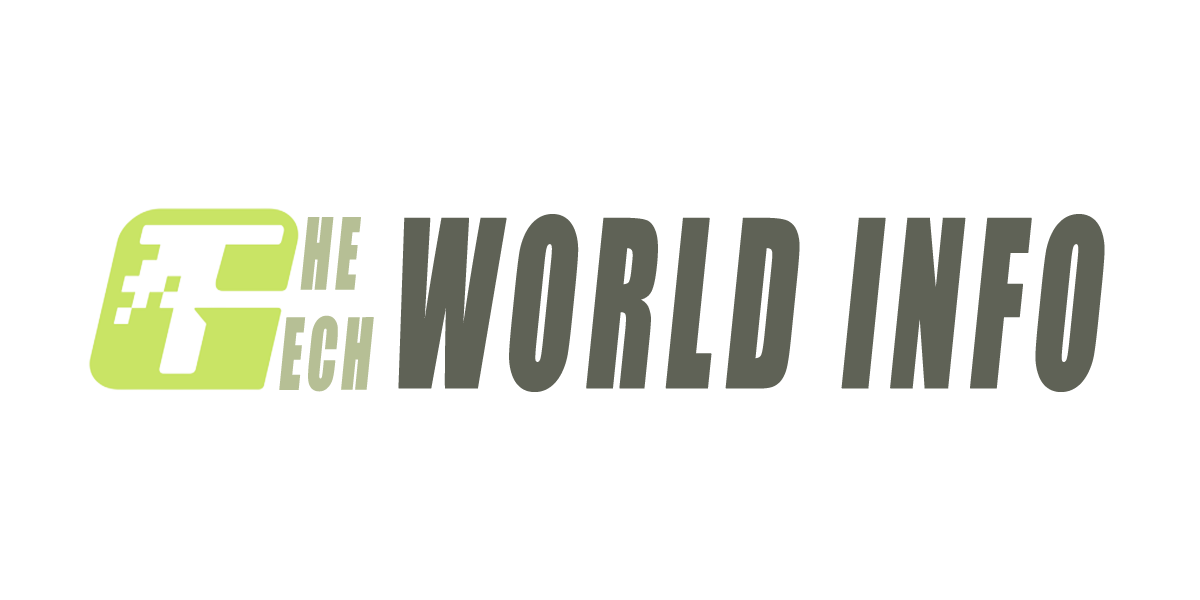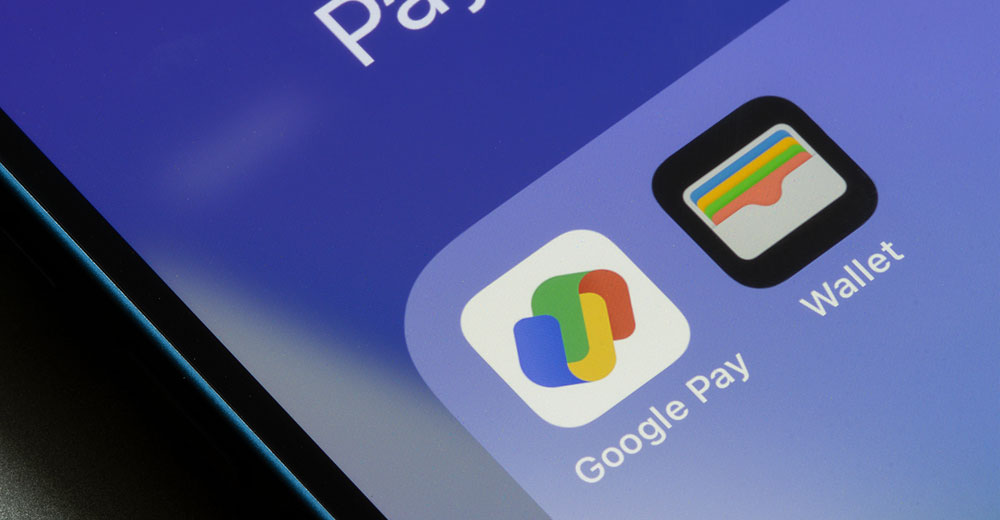A gang of huge banks, together with Wells Fargo, Financial institution of The united states, and JPMorgan Chase, are reportedly getting ready to release a virtual pockets product to compete with the ones introduced through tech heavyweights Apple, Google, and PayPal.
The financial institution pockets — which is being advanced through Early Caution Products and services (EWS), a bank-owned undertaking that operates the cash switch carrier Zelle — could be related to a client’s debit and bank cards and make allowance them to shop for from on-line traders extra simply, the Wall Boulevard Magazine reported Monday.
Different banks within the challenge come with Capital One, PNC Monetary Products and services, U.S. Bancorp, and Truist Monetary Corp.
“The inducement this is to check out to decelerate Apple’s and Google’s enlargement within the monetary transaction area,” mentioned Ross Rubin, essential analyst with Reticle Analysis, a client generation advisory company in New York Town.
“The banks need to reclaim the proportion of the transaction Apple will get when a bank card is used with Apple Pay,” Rubin informed the E-Trade Occasions.
Pageant within the Monetary Products and services Sector
In keeping with the Magazine, the banks are frightened about shedding keep an eye on in their buyer base and notice Apple, specifically, as a vital danger, particularly with its reported strikes into financial savings accounts with Goldman Sachs and right into a conceivable purchase now, pay later providing.
“Monetary services and products are all threatened through virtual wallets. This is why Goldman Sachs partnered with Apple to stick forward of the contest,” Tim Bajarin, president of Inventive Methods, a generation advisory company in San Jose, Calif., informed the E-Trade Occasions.
Monetary services and products corporations perform in a extremely aggressive area and unquestionably are acutely aware of Apple and PayPal’s rising aggressiveness, added Mark N. Vena, president and essential analyst at SmartTech Analysis in San Jose, Calif.
“Apple and PayPal, for probably the most phase, have enthusiastic about client and small industry transactions, whilst the legacy monetary services and products corporations have centered at the huge organizations, company industry transactions, and mortgages,” Vena informed the E-Trade Occasions.
“If Apple and PayPal begin to discover the ones spaces, you’ll see heightened job from the legacy monetary carrier corporations to try to ‘reduce that off on the cross.’”
Banks Should Triumph over Shopper Inertia
The Magazine famous that the banks be expecting 150 million debit and bank cards might be eligible to be used with the brand new pockets when it’s offered. Any U.S. client whose bills on their card are up to the moment, who has used their card on-line, and who supplies an e mail and make contact with quantity will be capable of take part in this system.
Whilst the main points of the consumer interface are nonetheless being labored out, the Magazine defined, the pockets will most probably contain typing an e mail cope with on a service provider’s checkout web page, the use of EWS’s backend connections to the banks to load a purchaser’s bank card into the pockets and the patron opting for which card to make use of to make a fee.
Despite the fact that integration with the banks might be recommended for the pockets, it is going to want greater than that to draw shoppers.
“As a way to inspire adoption, the banks are going to need to do one thing that provides price for the patron to make a transfer,” noticed Dayna Robyn Radbill, a senior analysis director at Gartner.
Simply enrolling shoppers into the pockets program received’t make it a good fortune, she added. “It should be extra than simply enrolling — which they could possibly reach when anyone opens a checking account — however in in reality getting utilization, as a result of presently, client wishes are quite well-served through their current plastic playing cards or the cell wallets which can be already available in the market,” Radbill informed the E-Trade Occasions.
“Customers are creatures of dependancy,” she added. “The most important factor to triumph over is inertia. It takes much more to get a client to switch their conduct when their wishes are already met than when there’s a hole of their present enjoy.”
Tough Highway for Inexperienced persons
Even though the banks are a success with pockets enrollment, they nonetheless wish to make a compelling case to traders, Radbill endured.
“That’s almost certainly going to require some technical funding at the service provider’s facet,” she mentioned. “So the service provider must be satisfied that there’s one thing in it for them.”
“In most cases, they need to see an enormous client base the use of and critical a specific pockets,” she defined. “The problem is not going to handiest be to get shoppers to make use of it, however to get traders to enroll in it, too.”
Bajarin famous that introducing a financial institution pockets is much less about gaining a bonus thru virtual innovation and extra about staying aggressive and maintaining carrier charges for the banks.
“PayPal, Apple Pay, and Android pay services and products have an enormous lead in virtual wallets,” he mentioned. “The problem for the banks might be to marketplace this to their very own shoppers and persuade them to make use of their carrier over competition.”
Vena identified that there are prime hurdles for buying into the virtual pockets area as a newcomer.
“The distance is already crowded, and differentiation in surfaces is changing into harder,” he informed the E-Trade Occasions.
“Novices should have huge capitalization to go into the marketplace — which continuously calls for partnering with a longtime financial institution or monetary establishment — and competitiveness over charges makes it tough to pressure cheap profitability,” he endured.
“The sector is so crowded with large names like Apple, Google, Venmo, PayPal, and others,” he added, “that it’s very tough for a newcomer to obviously articulate a compelling, differentiated price proposition as opposed to the established avid gamers.”
House Display Presence
Rubin argued that customers don’t want a couple of virtual wallets.
“On a telephone, one is supplied through default through the running device supplier,” he defined. “Different distributors have wallets, however they don’t have the mixing into contactless bills that Apple and Google have.”
The banks could possibly strike a handle a telephone maker to get some visibility on a house display, he famous. “With Samsung telephones, you’ll be able to pay with Google or Samsung, however with Apple, it will be tougher for the reason that platform is extra closed to these varieties of issues,” he mentioned.
“Alternatively,” Rubin added, “there was regulatory force on Apple to open up its ecosystem. If this new initiative may just determine itself, the banks may just in all probability foyer for client selection in virtual wallets to pay for issues on Apple telephones.”
Vena famous that it is going to be tough for the banks to compete towards generation corporations for the hearts and minds of customers as a result of the shut dating the ones corporations have with their shoppers.
“That is specifically true of Apple because of their industry style,” he mentioned. “As a result of this fact, a number of monetary services and products corporations have opted to spouse with the likes of Apple as a result of they perceive the energy of Apple’s logo and buyer relationships.”



